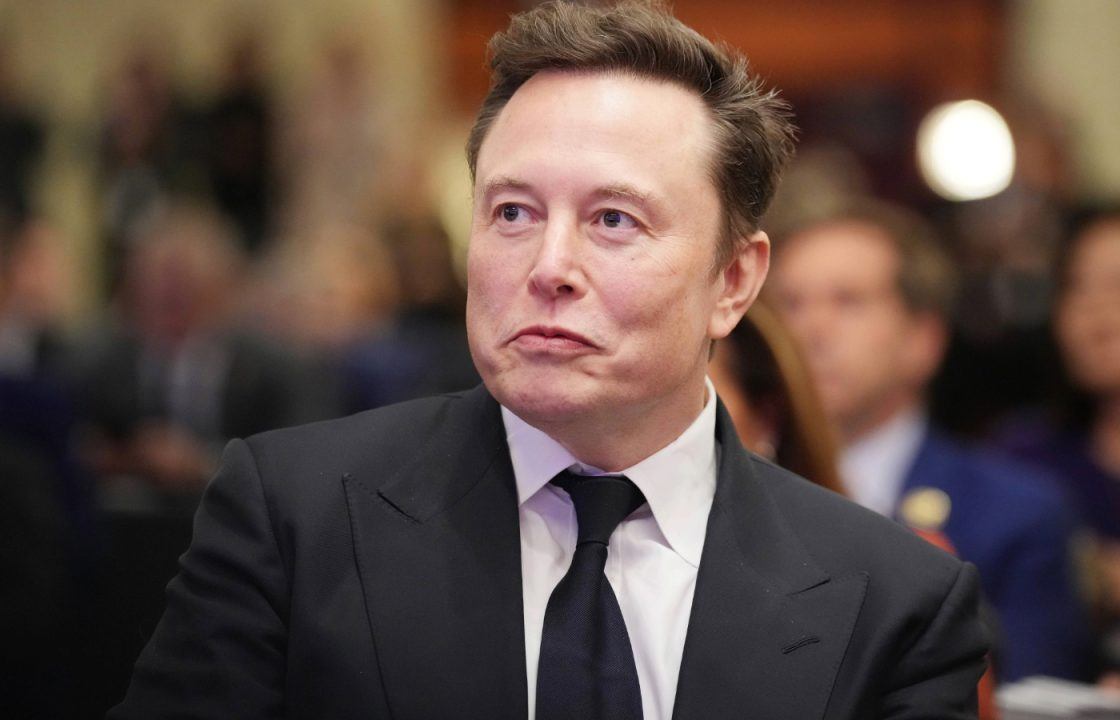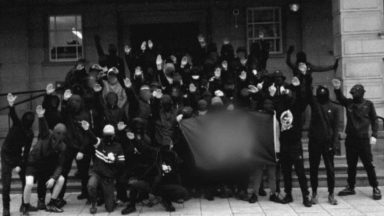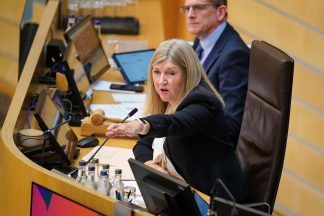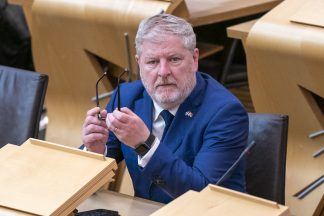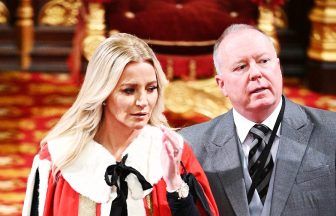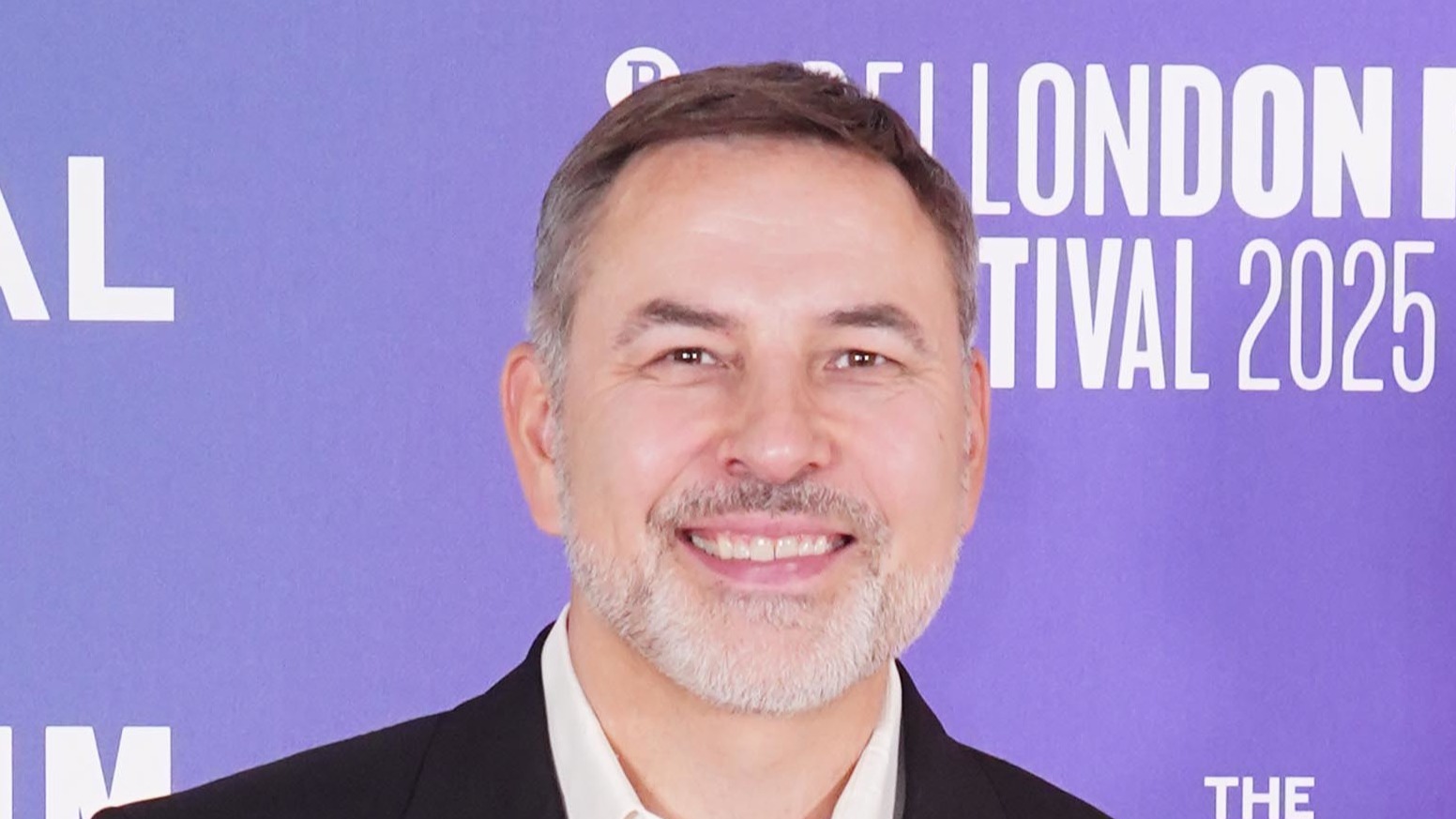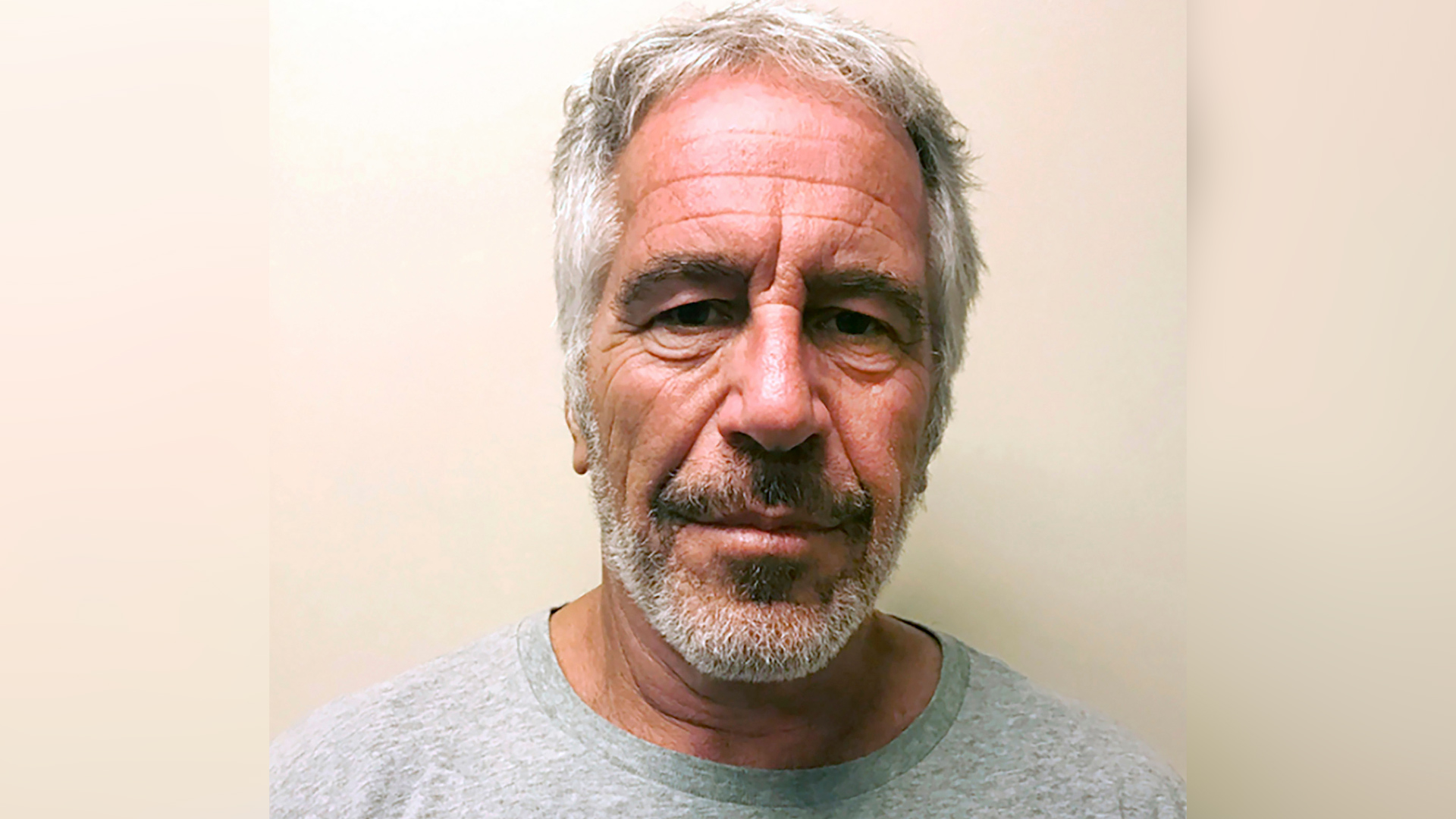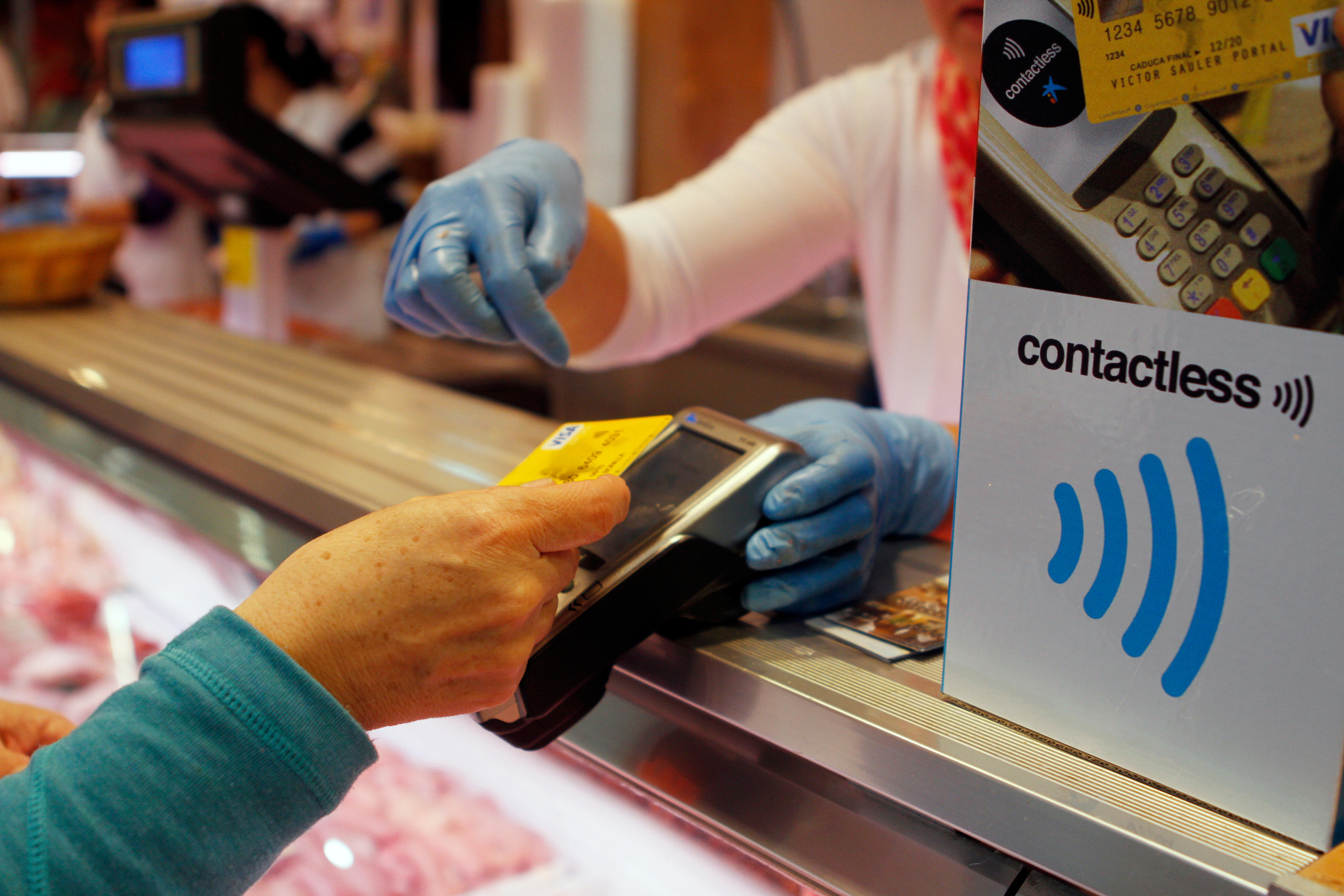Elon Musk isn’t known for subtlety.
The day he completed his takeover of Twitter, the social media platform he rebranded as X, Musk carried a bathroom sink into the company’s HQ and declared on camera: “Let that sink in.”
That personal style has collided with British politics over the past week, and the highly sensitive issue of child sexual exploitation.
The world’s richest man has form – last year, he was accused of spreading misinformation that helped fuel summer riots in England, leading to a spat with the former First Minister Humza Yousaf, who Musk labelled a “racist”.
In the past few days, the tech tycoon has backed the overthrow of Keir Starmer’s government and called one of his ministers, Jess Phillips, a “rape genocide apologist” who should be jailed.
On Monday, Starmer fought back. Without naming Musk, he said a line had been crossed with the personal attacks on Phillips, and accused his critics of spreading “lies and misinformation”, pandering to the far right, and caring more about themselves than the victims of child sex abuse.
Starmer’s comments weren’t just aimed at Musk. They also targeted the Conservatives, and particularly Nigel Farage’s Reform Party, which have been making similar claims – albeit with less of the inflammatory edge of Musk’s tweets.
So what’s this all about? It centres on hundreds of cases of child sex abuse in towns like Rotherham and Oldham, carried out by gangs of men of mainly South Asian origin – and how Starmer responded when in his previous role as top prosecutor in England and Wales, between 2008 and 2013.
Official reviews and media reporting has documented over many years how victims were groomed by these gangs, and in many cases were let down by social workers, police and prosecutors. Those failings have been blamed, in part, on a fear among officials of undermining community relations, and appearing racist.
But over years, real-life suffering has been disfigured into online conspiracy. Claims of a coverup have been embraced by extremists, including the jailed far-right activist Tommy Robinson – who Musk has become a vocal supporter of.
Some have pointed out that focusing on the identity of the perpetrators of certain crimes, rather than the victims, ignores the scale or complexity of the phenomenon of child sex abuse.
Tragically, tens of thousands of cases are recorded each year. Even more tragically, failures of safeguarding are not new or unique – as the global scandal over physical and sexual abuse of children in religious settings demonstrates.
This is more about anti-immigration politics, than justice or child safety, Musk’s critics argue.
Mainstream political forces have also begun calling for an inquiry into grooming gangs, although a wider inquiry into child sex abuse has already concluded and issued its report in 2022. Its head, Alex Jay, has called for her recommendations to be acted on, rather than a new inquiry.
On Monday, the Prime Minister robustly defended his record as a prosecutor, saying he took on the issues blocking justice for grooming victims, including misplaced concerns around race.
But he also accused Musk’s supporters in the UK of being “so desperate for attention that they’re amplifying what the far right are saying”.
And he attacked what he said was 14 years of inaction under the Conservatives.
You might ask – why does this matter?
Musk might be the world’s richest man, with a huge online megaphone in the shape of his own social media platform. But he’s a foreign citizen, with limited business interests in the UK.
He does have a following, particularly among young men online who share his views, but he isn’t especially popular in the UK – in fact, polls show that he’s pretty unpopular with the British public at large.
So why are UK politicians talking about him, and why is the media reporting it?
One reason this matters is that in just over two weeks, Musk will be part of Donald Trump’s new administration. As a close ally of the incoming US President, who helped bankroll Trump’s comeback victory, Musk will have the ear of the most powerful man in the world.
The political gulf between Keir Starmer and Donald Trump already spells trouble for the UK-US relationship. Musk’s personal dislike of the Prime Minister won’t help that dynamic.
The other reason this matters is broader. The online information ecosystem that Musk now sits at the top of can shape events in real-world ways, as last year’s riots showed.
Even if the Musk-Farage rift means cash donations to Reform are off the table, Musk’s right-wing worldview will inspire disenchanted voters in the UK and prime them for Reform’s messages.
In elections to come, that means trouble for Labour, and the Conservatives – which is why we can expect the Tories to stick close to Musk and Farage’s line of attack.
Ironically, one of Musk’s other surprising tweets over the weekend called for Farage to be replaced at the top of Reform. It seems the Reform leader, who has tried to distance his party from Tommy Robinson’s extremism, isn’t quite radical enough.
Little of this will mean anything, or do anything, for the victims of the horrific abuse that has been put at the centre of an ugly political debate. But that’s where our politics are, at the start of a new year.
Follow STV News on WhatsApp
Scan the QR code on your mobile device for all the latest news from around the country


